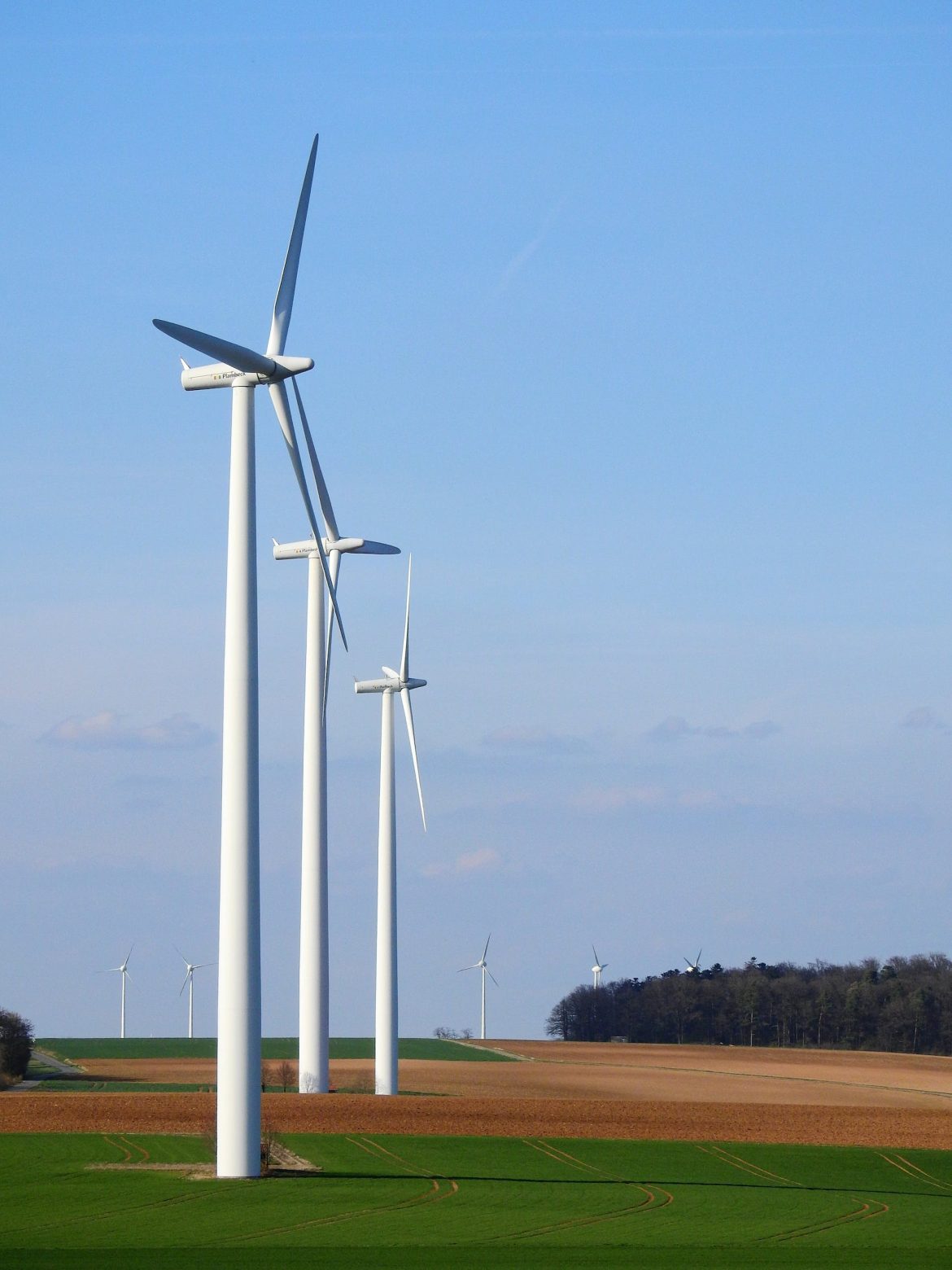Nigeria has a huge potential to generate renewable energy from its solid waste, according to an expert from the state-owned oil company.
Kanayochukwu Odoe, the Managing Director of NNPC New Energy Limited, said that recycling the 32 million tons of solid waste produced annually in Nigeria could reduce the demand for raw materials and support the growth of renewable energy sources.
He made these remarks during an interview on the “Energy and You” weekly series organized by the Nigerian National Petroleum Company Limited (NNPCL), the first state-owned oil company to join the United Nations Global Compact, a voluntary initiative that promotes sustainable practices.
Odoe explained that Nigeria has abundant resources and technologies to harness renewable energy from various sources, such as solar, biofuels, geothermal, and biogas.
He cited examples of NNPCL’s initiatives and partnerships, such as producing ethanol from cassava in collaboration with Kebbi state and 3D Hitech Systems Limited and exploring biodiesel production from palm oil in partnership with Cross River state.
He also mentioned the possibility of using organic compounds to transform waste into energy, a technology successfully implemented in countries like Sweden and Germany.
However, Odoe emphasized the need for effective regulation and enforcement of policies related to recycling and waste management in Nigeria. He pointed out that many waste disposal sites are poorly managed and emit harmful greenhouse gases.
He also urged the government and the industry to work together to ensure the safety and benefits of renewable energy development.
He said that NNPCL’s decision to join the UN Global Compact reflects its commitment to align with international sustainability standards and contribute to developing renewable energy solutions in Nigeria.
The Global Compact will assess Nigeria’s efforts based on key parameters, such as the percentage of NNPCL’s budget allocated to renewable energy initiatives, NNPCL’s collaborations with major players in the renewable energy sector, and the successful implementation of renewable energy projects within the country.
Odoe expressed optimism that Nigeria can achieve its renewable energy goals and become a leader in the field. He said that renewable energy is not only good for the environment but also for the economy and society.
“Renewable energy is a win-win situation for everybody. It creates jobs, it reduces poverty, it improves health, it enhances security, it boosts education, it fosters innovation, and it preserves our natural resources,” he said.
Source: Nairametrics



